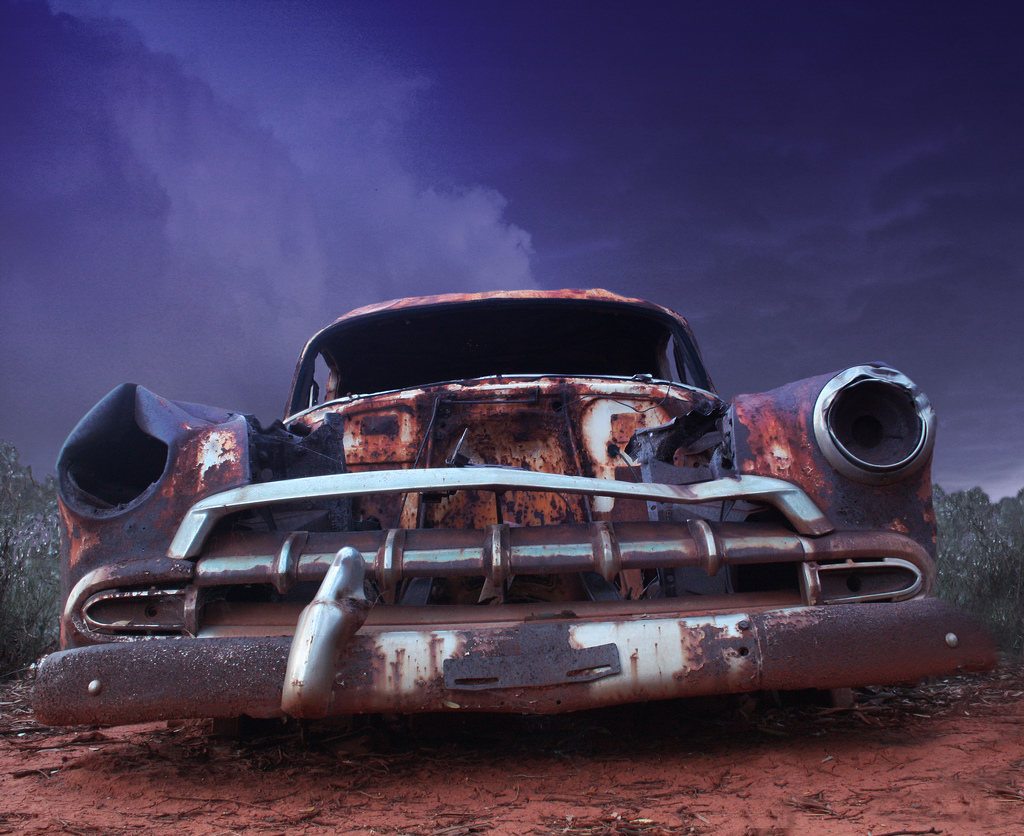UPDATED: JUNE 24, 2020
The short answer is yes, you do. Like most things involving the law, however, there are exceptions.
In New Jersey, “[a]ll owners of motor vehicles registered or principally garaged in [the State] are required to maintain minimum amounts of standard, basic, or special liability insurance coverage for bodily injury, death, and property damage caused by their vehicles.” Caviglia v. Royal Tours of Am.,178 N.J. 460, 466 (2004) (citing N.J.S.A. 39:6B-1).

If your car is “substantially” inoperable and you have no intention to make the vehicle operable in the immediate future, you may not be required to insure it, but you should disclose this information to your insurance company. The burden would be on you to prove the vehicle’s inoperability and that the basis for inoperability was substantial. You cannot merely remove the car battery and claim that it’s inoperable.
This is important because if you’re driving a car (and own a car which you required to insure) and are involved in a car crash that is NOT your fault, you have no ability to sue the other driver. This is a harsh result. It does not matter if the other car ran through a stop sign and struck you or if the other driver smashed your vehicle in the rear while high on drugs. You still would not have a viable personal injury claim against that driver.
N.J.S.A. 39:6A-4.5(a) provides:
Any person who, at the time of an automobile accident resulting in injuries to that person, is required but fails to maintain medical expense benefits coverage mandated by [N.J.S.A. 39:6A-4] shall have no cause of action for recovery of economic or noneconomic loss sustained as a result of an accident while operating an uninsured automobile.
The rationale behind this harsh statute is not to immunize a negligent driver from a civil action, but to maximize the incentive for all motorist to maintain automobile insurance.
By:
Michael Raff, Esq.


